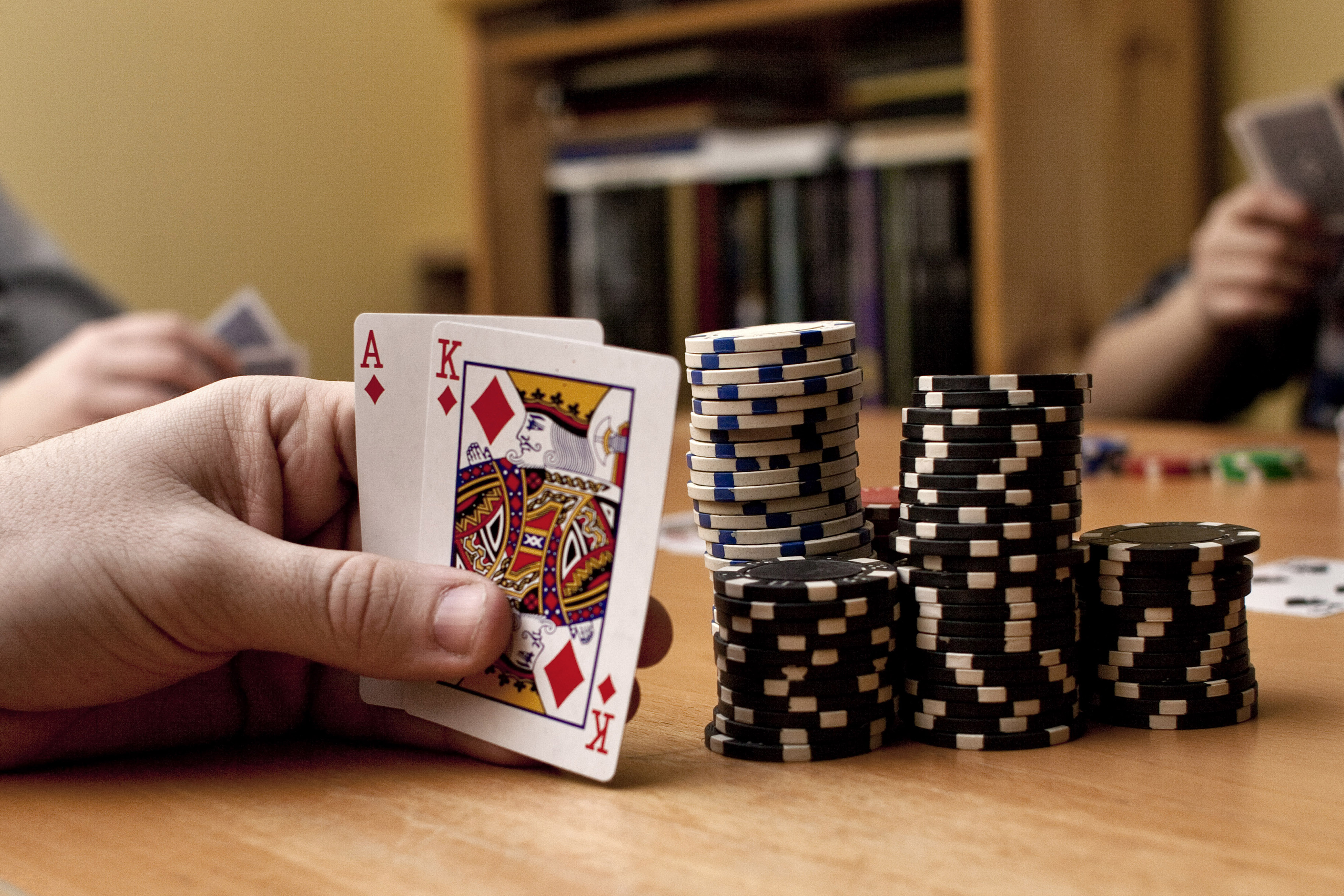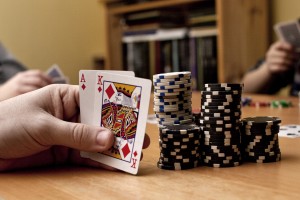Poker stars rise from Kitchener-Waterloo


While Waterloo is known for being Canada’s “technology hub,” the city is now gaining a reputation in a much different field.
It is a burgeoning pocket of world-class poker champions.
In fact, Waterloo native, Mike McDonald, is the youngest person to win an event at the European Poker Tour and the Epic Poker League.
Starting poker nine years ago at the age of 15, he is now regarded as the most successful professional poker player coming from the Waterloo Region.
He joins a large list of young poker prodigies.
“I was introduced [to poker] through Mike,” said Will Ma, a fellow Waterloo poker player and close friend of McDonald. “You can make a lot of money from it.”
He wasn’t exaggerating.
Ma won the Grand Prix de Paris one year ago, cashing in well over $600,000, whereas McDonald has won over $5.5 million in live casino tournaments.
Ma, who is now in graduate school at the Massachusetts Institute of Technology (MIT), was once an undergraduate student at the University of Waterloo. He believes that his studies helped contribute to his success in poker.
“Being good at mental math and probability is something that is important in poker and I think that UW has helped a lot in that sense,” he explained. “There are more things involved than just math though, those things are applicable too.”
McDonald, now 24, feels differently about his university education contributing to his poker skills.
“Not to say that that isn’t the case,” he said. “But poker isn’t mathematical in the sense that you have to be an expert at it to succeed.”
“There’s no math to it that a clever grade six couldn’t do.”
McDonald completed three terms at UW before transferring to Wilfrid Laurier University for a fourth. He then dropped out and went on to pursue poker professionally.
“I spent about three years playing exclusively online and then started out playing for pennies, quarters, dollars, tens of dollars, hundreds of dollars, thousands of dollars and so on,” he said. “Then eventually I started travelling around and doing this as my job.”
McDonald believes that there is no criteria to become a professional — it all just depends on whether you’re willing to buy into tournaments.
This was difficult for McDonald when he was just starting out, as many were skeptical of his profession at such a young age.
“When I was 18 people would be like ‘oh, you’re going to lose all your money,’” he said. “I guess people think you’re going to do dumb things when you’re younger.”
He continued, “What I find is that the older I get, the more positive response I receive.”
McDonald was never a part of a poker organization when he was an undergraduate student at UW. Now, the university has a large club with members from both UW and WLU.
And the interest is only growing.
George Wang, a representative from the UW Poker Studies Club, explained that the group was revived in 2008 and only had about 20-30 members.
Today there are over 140 students registered.
“Currently we have a few players who are playing in national Canadian tournaments,” Wang said. “The record of some of our members is pretty well.”
Wang expects substantial growth in the game of poker for a younger demographic, saying that online poker has vastly increased in popularity. “Now with the invention of online poker and big poker websites, a lot of the better poker players today are actually quite young,” he said. “And because Waterloo is a university town, a big percentage of students here are playing online.”
“There is definitely a strong community,” he said.

